Love our planet.
Experience it.
Protect it.
Be inspired.
Our roots are in Africa, and we intergrate our African experience with our grassroots work in USA. Community involvement and buy in are critical to protecting the natural ecosystems that support us all. We therefore invest heavily in communities and work pragmatically to solve issues with wildlife so that we can all coexist.
True Wild Conservation Foundation is a registered non-profit (Tax ID:39-5067030)
OUR FOCUS
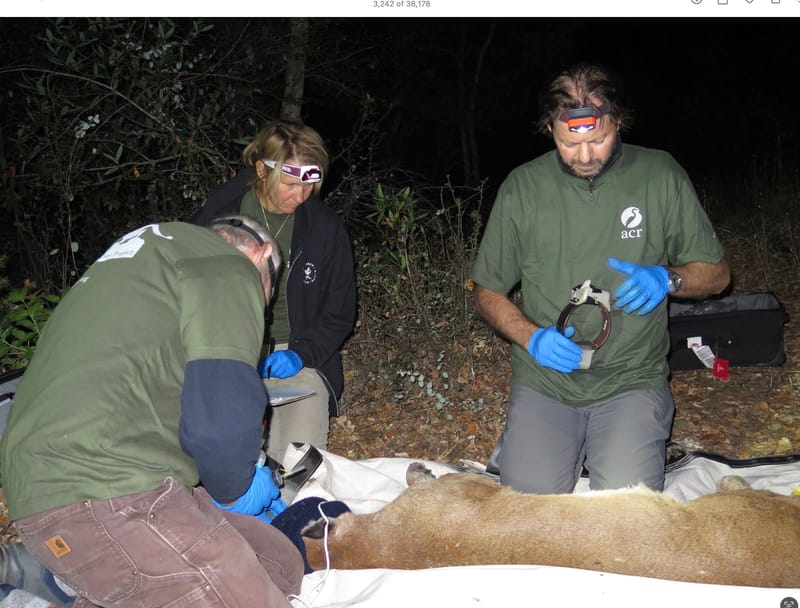
RESEARCH
Dr. Quinton Martins, of True Wild Conservation, is the Principal Investigator of the Living with Lions project based in the San Francisco North Bay. The project uses GPS collars and trail cameras to learn more about how mountain lions navigate this human-dominated landscape.
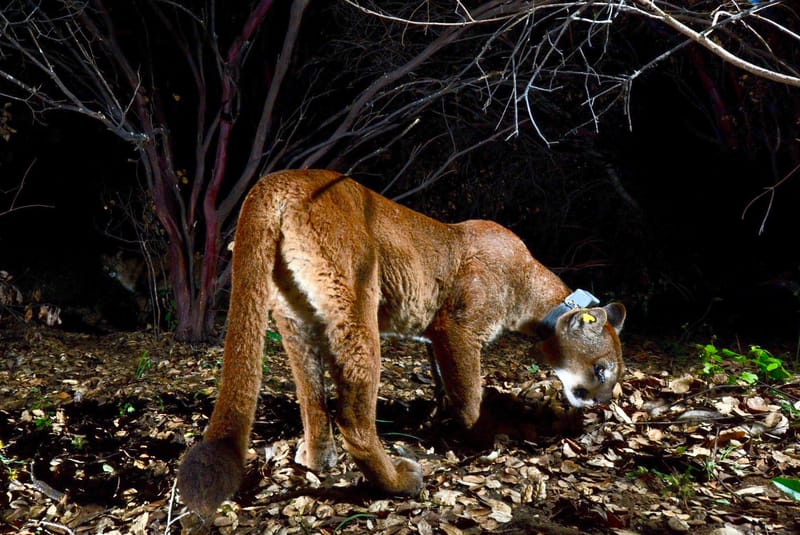
CONSERVATION
True Wild Conservation provides practical solutions to prevent human wildlife conflict and promote coexistence with wildlife while ensuring the safety of farm animals. This study of mountain lions is uncovering broader issues across the landscape, offering us a chance to collaborate in restoring the habitat’s resilience and integrity.
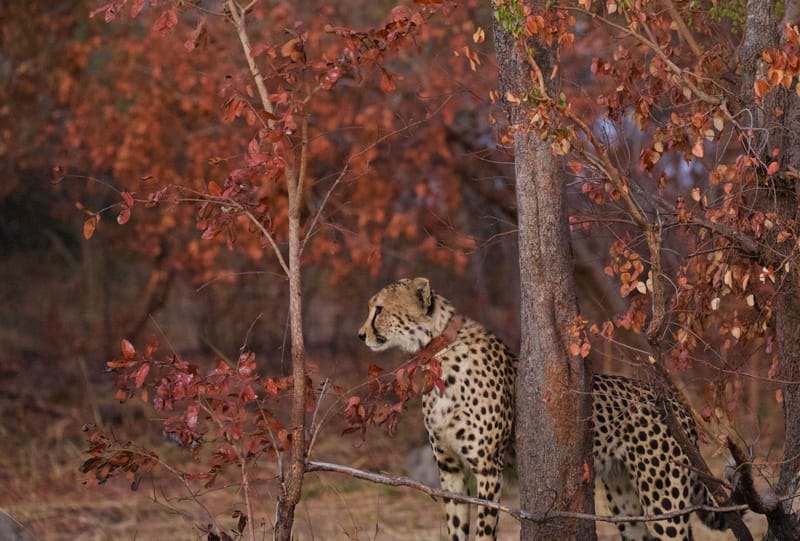
WILDLIFE EXPERIENCES
We encourage people to experience and support the last of the world’s wild places. When choosing ethical and sustainable travel options, communities and wildlife benefit, while profound experiences in nature will help us understand the value of protecting our planets natural resources.
WHY WE DO THE WORK
At True Wild Conservation we are passionate about wildlife and wild places.
Everything True Wild does is designed to improve people's relationships with nature and encourage action to conserve our natural home.
Join us in helping us change our world for the better.
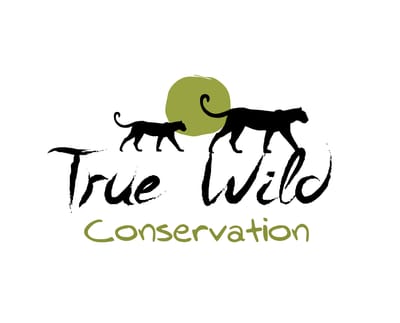
WHO WE ARE
Dr. Quinton Martins
Director + Board Member (President)
Quinton heads up the Research and Conservation work for True Wild Conservation. He is a passionate conservationist from South Africa who has dedicated over 30 years to wildlife, as a professional safari guide in Africa and a scientist specializing in big cat research. He is the Principal Investigator for the Living with Lions Project. In 2010 he completed his PhD “The Ecology of leopards in the Cederberg Mountains, South Africa” through the University of Bristol, U.K. Quinton is the former founder and CEO of the Cape Leopard Trust, a successful predator conservation NGO based in South Africa. His work focuses largely on human-wildlife interactions and how people can co-exist with large carnivores. Quinton also leads specialized safaris to Africa focusing on better understanding big cats, their conservation and contextualizing the experience with his work back in the US.
Liz Martins
Operations Director + Board Member (Secretary)
Liz Martins is Operations Director for True Wild Conservation. She is also the co-founder and managing partner of the sister company, True Wild Safaris. Liz is a passionate environmental educator and is School Programs Manager for All Hands Ecology at Bouverie Preserve. Here she runs a mountain lion education program, field trips and ongoing docent training. She thrives on bringing people into better connection with nature, igniting their curiosity and facilitating impactful experiences. Liz draws on her experience as an environmental educator in South Africa, where she set up and ran the Cape Leopard Trust's Education Project. Liz was previously a Waldorf teacher and has a degree in Anthropology and Archaeology.
Kim Murphy
Board Member (Treasurer)
With an MBA in marketing and finance, Kim Murphy has been a Financial Advisor for 23 years with Edward Jones. She has held a variety of strategic senior management positions in the financial services and technology industries within large global companies. She has also owned several firms – a marketing strategy consulting company, an engineering consulting firm, and a web development firm. Having been a member on many nonprofit boards, Kim says "I am committed to volunteering my time to help create financial freedom for all people, regardless of their education or work-related background."
PREDATOR HOTLINE 707.721.6560
CALL US IF: You lose livestock or pets to predators You have a mountain lion encounter You are concerned about living with mountain lions
Research
The Living with Lions Project was established in the San Francisco North Bay in 2016 and is a partnership between True Wild and Audubon Canyon Ranch (ACR). True Wild also partners with The Institute of Wildlife Studies and Sonoma County Wildlife Rescue. Dr. Quinton Martins is managing partner of True Wild and the Principal Investigator of the Living with Lions Project.
Conservation
De-fence for Wildlife
Land in the North Bay is cut up by hundreds of thousands of fences. While some fences serve a specific purpose, many fences are unnecessary or no longer useful. Fencing creates significant barriers and dangers to wildlife, channeling movement, blocking off natural resources and causing injury. Consider removing unnecessary fencing from your property and making existing fencing wildlife friendly unless it is specifically being used to keep wildlife out. Let us open the landscape for free wildlife movement.
Habitat Corridors
Our mountain lion GPS data and trail camera survey have clearly demonstrated that mountain lions and many other mammals choose intact, natural habitat, as corridors to move through the landscape. We encourage landowners to assess their property in relation to the surrounding properties with a view to maintaining natural corridors. This is particularly important along creeks which often serve as the only corridor through valleys cleared for farming.
Vegetation Management
We understand why people are proactively clearing vegetation to prevent fires, however extensive and continuous clearing of understory or ladder fuel may have a negative impact on wildlife. Many mammals, birds and reptiles rely on the cover and other resources that brush provides. Our research in the North Bay shows that Mountain lions strongly select for habitat that provides cover. You can use a satellite map to predict where mountain lions are present on the landscape by looking for the dark green which represents vegetation cover. Now some of these areas with trees are not actually providing understory cover, but just canopy cover. We urge landowners to adhere to the recommended 100' defensible space and consider patchwork fire mitigation methods with time for regrowth, like prescribed fires, over maintaining park-like clearing of the entire understory of your entire property. The Living with Lions Project is in the process of doing a scientific study to better understand these impacts.
Global Conservation
In Southern Africa there are some exceptional conservation projects doing excellent work. Born and raised in Africa, and having run conservation projects in Africa, we know how far the Dollars goes in Africa - you can have a significant impact through supporting these projects. We would love to talk to you about your interests and match you with a project that fits your interests. Better still, visit the project personally while on safari and get to know the people and work they are doing. Projects we are involved with include community, education, conservation and science projects. A lot of the work we focus on supporting has the coexistence theme running through it.
Citizen Science
Trail cameras are an amazing tool for monitoring wildlife. Here you have a dedicated observer, 24/7, rain or shine, documenting all the animals moving on your property, allowing you to really get to know your wild neighbors. The Living with Lions Trail Camera Project is a great way to get involved - a project that blends citizen science with meaningful scientific data collection. Sponsor a camera on your property and receive quarterly highlights! Contact the All Hands Ecology Trail Camera Project Manager, Kate Remsen, on kremsen@allhandsecology.org for more details or check out the Trail Camera webpage: www.allhandsecology.org/trail-camera-network/
WILDLIFE EXPERIENCES
Support projects where you know your contributions are directly benefitting communities and wildlife.
Understand the global context and benefits of protecting key wild areas.
GET INVOLVED
There are many ways to get involved:
- Contact us about your mountain lion concerns;
- Protect your livestock - if you don't know how, ask us for help;
- Consult with us on how to manage your property in a way that is more wildlife friendly and in tune with nature;
- Join us for a seminar on top predators and their role in conservation;
- Join an ecologist on a research activity;
- Invest in conservation - speak to us on how you can make a difference;
- Learn about African wildlife and innovative conservation, as well as how to support projects that are really having impact;
- Contact us for education material on local wildlife;
- Have us conduct a comprehensive wildlife survey on your property;
- Purchase our 'Lions Live Here' yard sign (coming soon!);
- Invite us to host your puma-themed dinner party;
- Or how about viewing pumas in Patagonia?
If any of these opportunities interest you, contact us.
True Wild Blog
True Wild and Audubon Canyon Ranch collaborated recently to make a helpful guide for pet and livestock owners living in mountain lion habitat in the North Bay. The guide is available here. Please send it on to anyone you know who keeps livestock. A quick way to see if you live in mountain lion habitat in Northern California is to look at a satellite map and see if your property shows up with dark green connected to other areas of dark green. This gives an indication of habitat with cover, which mountain lions select for. Always feel free to reach out to Quinton on 707 721 6560 with any mountain lion related questions or for free advise on how to improve your livestock protection measures. Co-existence with wildlife is key to a healthy ecosystem which sustains us all.
PREDATOR HOTLINE
707 721 6560
IF:
You lose livestock or pets to predators
You have a mountain lion encounter
You are concerned about living with mountain lions
You find a fresh mountain lion kill
This service is supported by Sonoma County Wildlife Rescue.
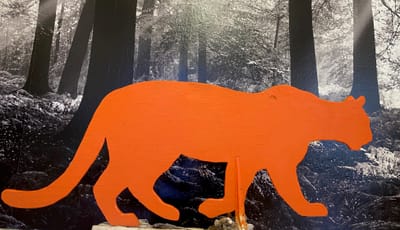
Contact
- 17700 Carriger Rd, Sonoma, CA, USA
- Mailing Address: PO Box 905, Glen Ellen, CA, 95442
- +1-707-721-6560
- quinton@truewild.org
- By appointment only
TRUE WILD CONSERVATION FOUNDATION is a nonprofit charitable organization (Tax ID 39-5067030).


